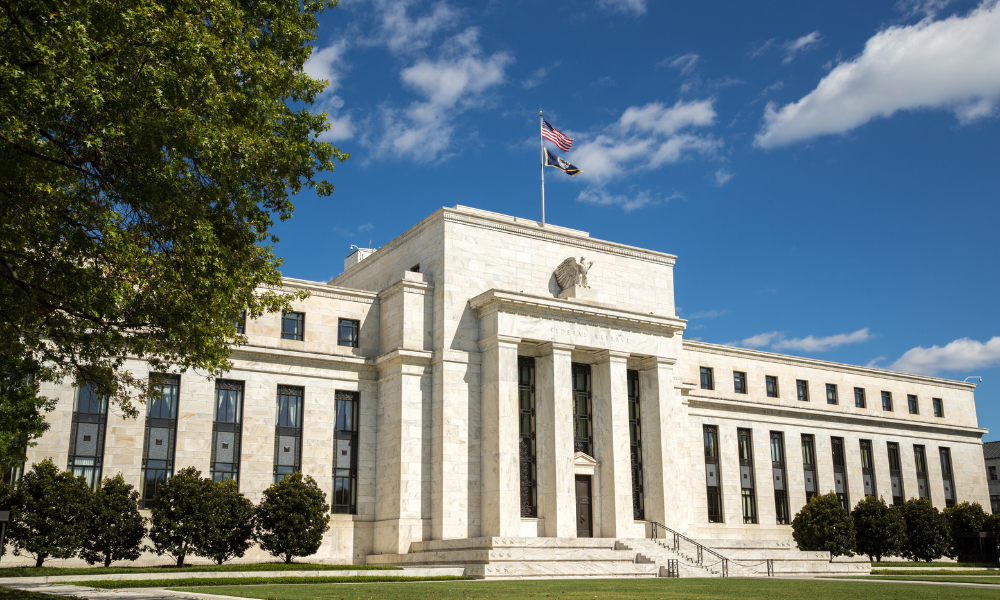

Federal Reserve Bank of San Francisco Mary Daly said the US economy was in a good position, and the central bank didn’t need to react quickly to policies introduced by the Trump administration.
“There is a lot of uncertainty,” Daly said Tuesday on a panel hosted by the Commonwealth Club World Affairs of California. But, she added, “We can take our time to look at what’s coming in, both on the economy and any policy changes.”
“We don’t need to be preemptive” in our decision making, Daly said.
The San Francisco Fed chief also said the job of bringing inflation down to 2% had not been finished, and she was devoting “100% of my energy” to that task.
Daly and other Fed officials are dealing with extraordinary uncertainty over policies the Trump administration may pursue related to tariffs, immigration, taxation and regulation that could affect the US economy.
President Donald Trump announced 25% tariffs against Canada and Mexico over the weekend, then made deals with each government on Monday delaying their imposition for at least a month. A 10% tariff on goods from China went into effect at midnight, however, and Beijing retaliated with a number of measures.
Fed officials left interest rates steady last week after lowering borrowing costs three times in late 2024.
In a separate interview published earlier Tuesday, Daly told the New York Times that she was still comfortable with policymakers’ December projections, which showed broad support for 50 basis points in interest-rate cuts this year.

From outstanding individuals to innovative organizations, find out who made the final shortlist for top honors at the IN awards, now in its second year.

Cresset's Susie Cranston is expecting an economic recession, but says her $65 billion RIA sees "great opportunity" to keep investing in a down market.

“There’s a big pull to alternative investments right now because of volatility of the stock market,” Kevin Gannon, CEO of Robert A. Stanger & Co., said.

Sellers shift focus: It's not about succession anymore.

Platform being adopted by independent-minded advisors who see insurance as a core pillar of their business.
RIAs face rising regulatory pressure in 2025. Forward-looking firms are responding with embedded technology, not more paperwork.
As inheritances are set to reshape client portfolios and next-gen heirs demand digital-first experiences, firms are retooling their wealth tech stacks and succession models in real time.
